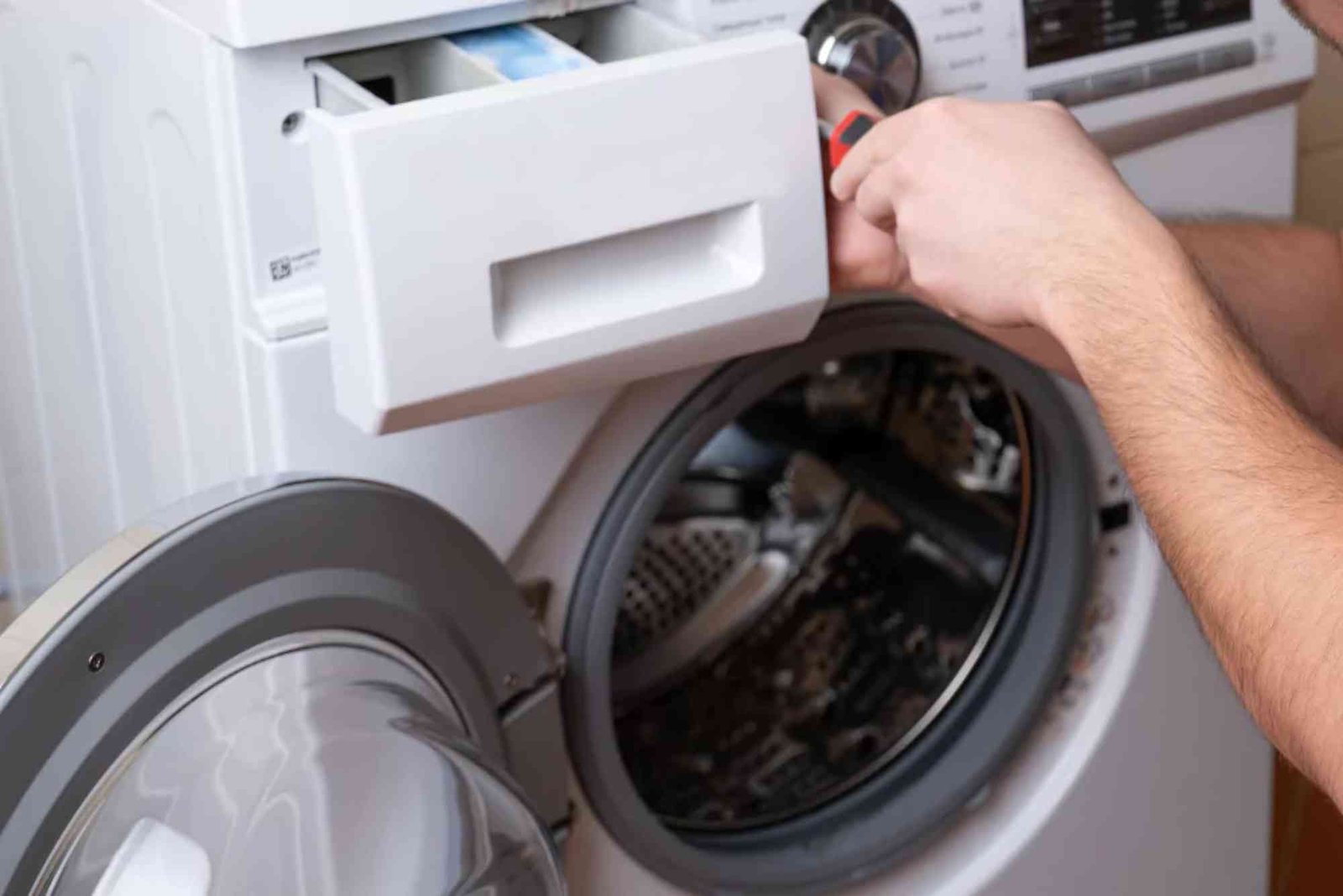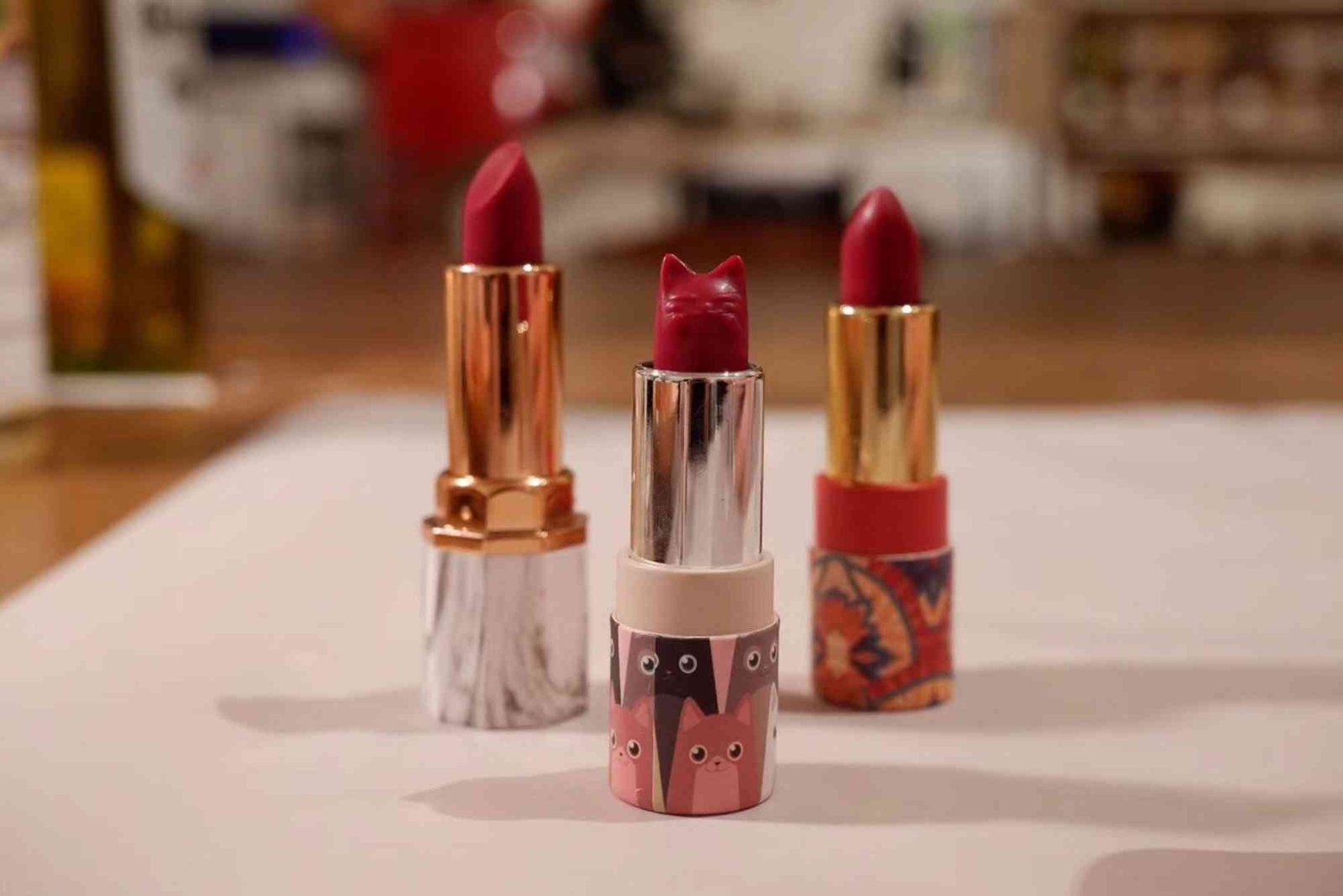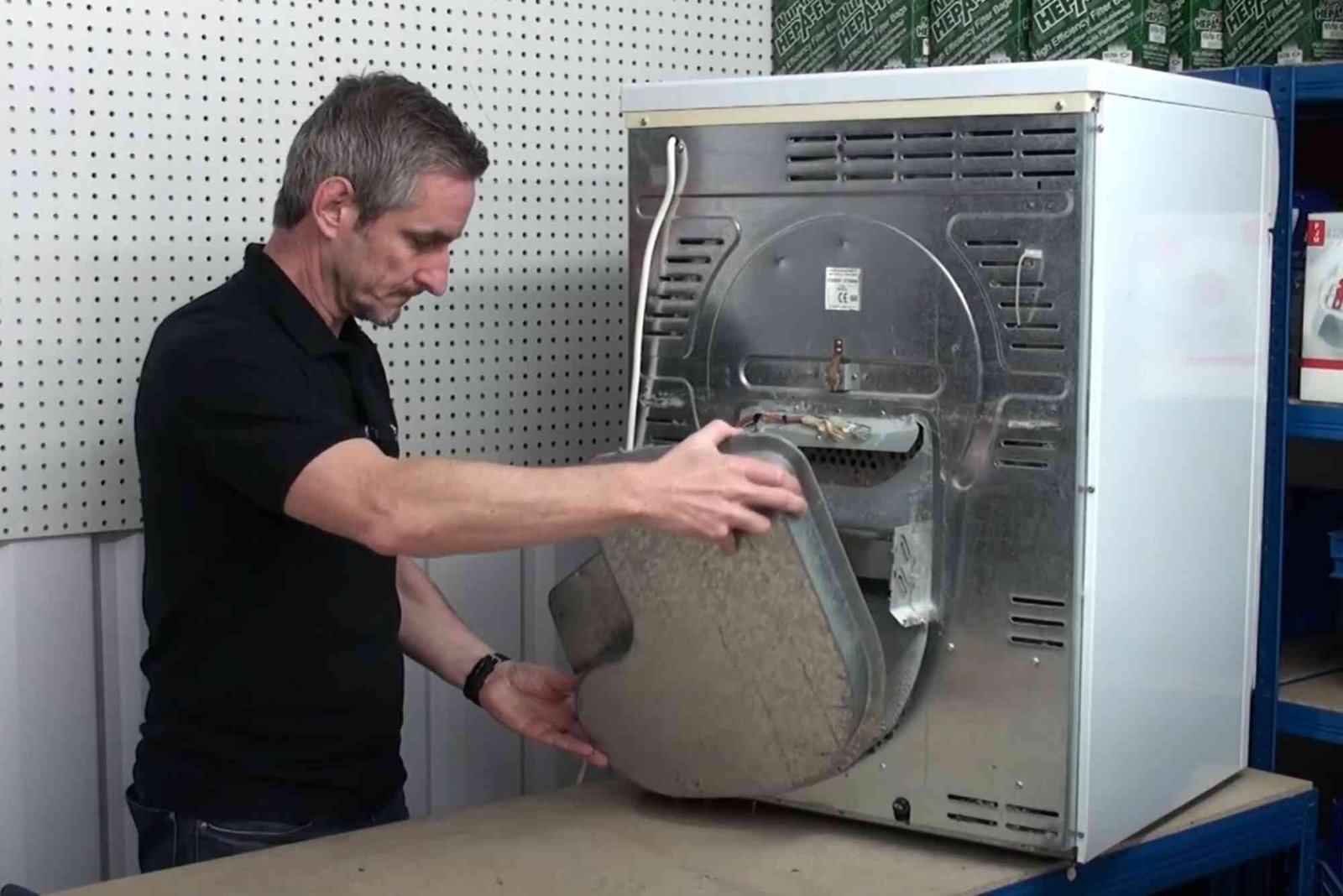Introduction
When you set out to adore, cherish or simply be in a relationship where the word “darling” carries weight, it’s easy to fall into traps. In this article we explore the top mistakes to avoid when darling someone — mistakes that many make but few talk about. By understanding them, you’ll be better positioned to nurture a meaningful connection. This guide also offers actionable Darling Tips and links to further resources like our full Learn How Darling Guide and a Related read on lifetimeage.com about Darling.
Introduction
Adoring someone — calling them “darling,” treating them as special, inviting warmth and closeness — can feel natural and beautiful. Yet even the most loving relationships can falter if we make avoidable errors. Whether you’re early in a relationship or settled for years, the quality of how you treat “darling” matters. In this piece, we’ll walk through the key missteps to steer clear of, so you can deepen your connection and grow together rather than drift apart. Throughout, you’ll find practical Darling Tips to help you apply what you read, and you’ll also be directed to a full Learn How Darling Guide for greater depth.
Neglecting Communication
Assuming they know
Many people assume that their darling knows how they feel—without ever saying it. But love doesn’t thrive on assumption. You must verbalise your feelings, ask questions, listen back. Without this, one side may feel unappreciated or disconnected.
Avoiding difficult conversations
When you avoid discussing tough topics—like future goals, insecurities or boundaries—the relationship builds on shaky ground. Being genuine with your darling means sometimes walking through discomfort together.
One‑way listening
Communication is two‑way. If you talk all the time and your darling never really shares, you risk imbalance. Make space for them to speak and be heard; show you value their voice.
Taking Them for Granted
Dismissing the little things
It’s easy to overlook the small acts—making tea, listening after a long day, sharing a laugh. When you stop noticing, you stop valuing. That’s subtle but powerful.
Assuming the relationship is fixed
Relationships evolve. Just because you’ve been darling to each other for a while doesn’t mean the effort can stop. Continual attention keeps “darling” alive.
Failing to celebrate them
Your darling is more than a routine partner: they’re someone with desires, achievements and dreams. Acknowledging those keeps the sense of enchantment and respect.
Misaligned Expectations
Expecting mind‑reading
When you expect your darling to know your thoughts or feelings without you saying them, frustration arises. Misunderstandings pile up. Instead, aim for clarity and openness.
Pressuring perfection
No one stays perfect. If you expect your darling to always act ideally, you set both of you up for disappointment. Recognise their humanity.
Ignoring personal boundaries
When you ignore your own boundary or their boundary because you’re “in love”, you risk harm. Being a good darling means respecting limits and honouring space.
Losing Individuality
Merging too early
It’s beautiful to merge lives, but you must preserve who you are. When one person becomes the reflection of the other, identity gets lost and resentment can creep in.
Abandoning personal goals
Your darling should support your growth—and you theirs. If one abandons personal goals simply to please the other, the relationship may become unbalanced.
Neglecting self‑care
When you’re busy being the Top Mistakes to Avoid When Darling perfect darling, you might neglect your own well‑being. In time that builds strain. Taking care of yourself allows you to show up fully.
Overlooking Conflict
Avoiding all conflict
Some avoid conflict thinking it will keep the peace. But suppressed issues don’t vanish—they fester. Healthy conflict, handled well, strengthens trust.
Escalating minor issues
On the flip side, blowing up a small issue because you’re emotionally overloaded hurts both. Recognise when you’re tired, frustrated, and step back before things escalate.
Holding grudges
When your darling errs, and you hold long‑term resentment without discussing it, the relationship loses its vitality. Forgiveness and open dialogue matter.
Ignoring Growth
Assuming “we’ve always been this way”
Relationships evolve. If you cling to old modes or assume “this is us forever”, you may resist positive change. Embrace growth individually and as a couple.
Forgetting to update the relationship
Life changes—jobs, emotions, health, desires. If you don’t revisit what “darling” means over time, you risk drifting. Talk about shifts openly.
Neglecting to learn together
Couples who learn together—try new things, explore ideas, work on shared goals—tend to stay more connected. Make time for joint growth.
Failing to Show Appreciation
Only saying “thank you” when big
Regularcknowledgment matters more than occasional grand gestures. Saying “I appreciate you” often keeps connection alive.
Waiting for special occasions
Why wait for anniversaries to show you care? Small daily acknowledgments show your darling they matter now—not just on milestone days.
Ignoring non‑verbal cues
Sometimes a hug, a glance, a handwritten note speaks louder than a long speech. Don’t underestimate the power of non‑verbal appreciation.
When you call someone “darling”, you carry a commitment—a promise of care, respect, and connection. Avoiding the mistakes above will help you honour that promise and build a lasting, vibrant relationship. If you’re ready to deepen that bond, remember the value of open communication, gratitude, individuality and mutual growth. For more in‑depth strategies check out our full Learn How Darling Guide or explore a Related read on lifetimeage.com about Darling. Now’s the time—take one small action today to show your darling they are cherished.
FAQs
Q: How do I know if I’m taking my darling for granted?
A: You’ll notice it when you stop seeing their efforts, stop saying thank you, or assume they’ll always be there without showing up yourself. Recognising it is the first step to change.
Q: What’s the best way to bring up difficult topics with my darling?
A: Choose a calm time, use “I” statements (“I feel…”), stay curious about their view, and aim to solve together rather than blame.
Q: Can a relationship recover if we’ve repeatedly made these mistakes?
A: Yes—if both partners commit to change. Acknowledging patterns, making new practices, and seeking guidance (books, therapy, trusted mentors) can help turn things around.
Q: How often should my darling and I revisit our goals and expectations?
A: At least once every few months is wise. Life evolves, so checking in regularly keeps your relationship aligned and vibrant.















